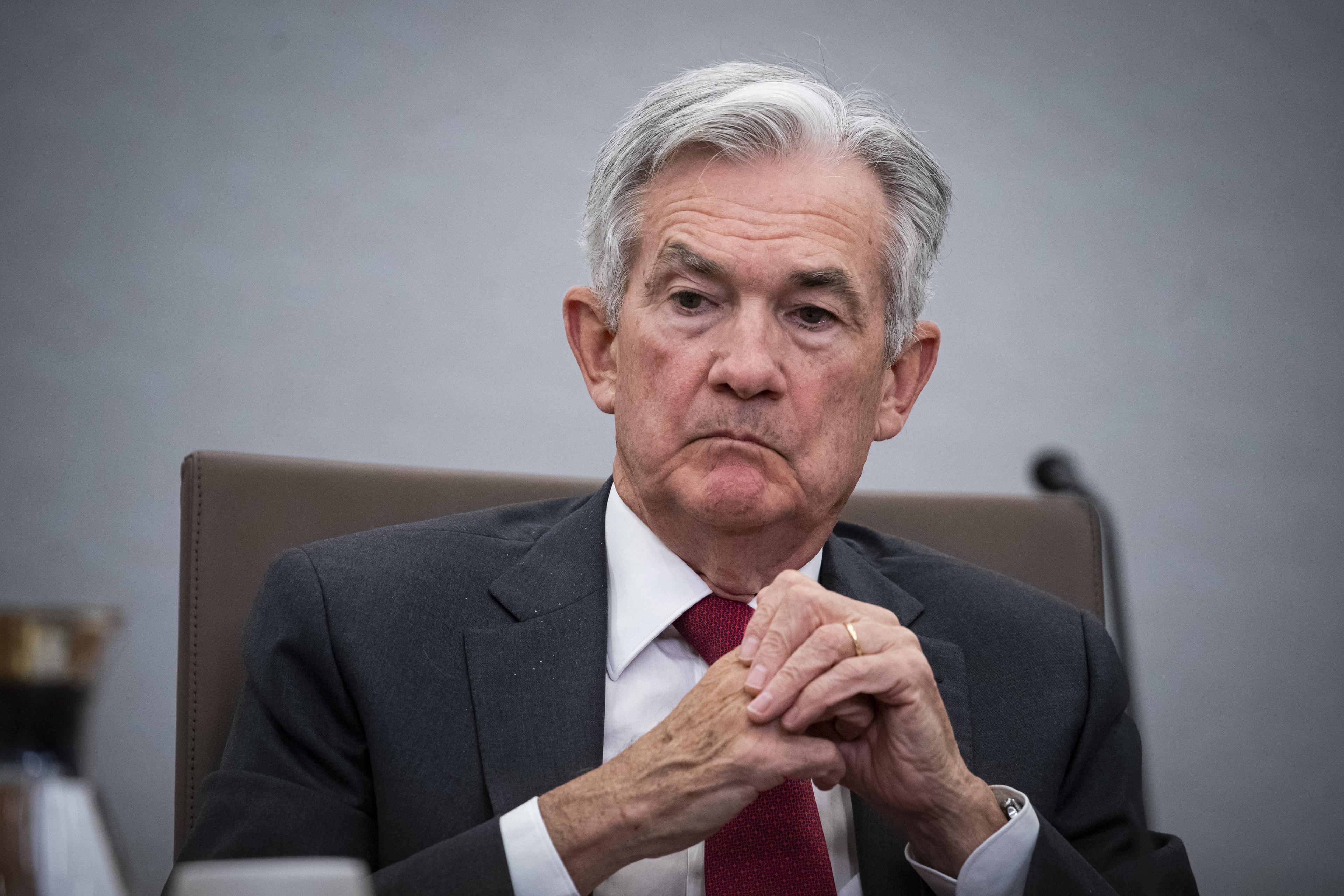
Last week the Federal Reserve raised interest rates by 0.75 percentage points, continuing one of the fastest escalations of the benchmark rate in history. Jerome H. Powell, the Fed chair, warned that more pain was to come as the central bank fixes its eye of Sauron on our core inflation. But the theme of this episode is that U.S. interest rate policy does not stop at the U.S. border. Our monetary policy is a lever that moves the world. Soon after the Fed’s announcement last week, the British pound crashed, oil prices fell, currencies (crypto- and otherwise) fell, and the possibility of a global downturn came ever slightly into greater focus. Today’s guest is Jason Furman, the Harvard economist and former top economic adviser to President Barack Obama. We talk about the state of the U.S. economy, why the Fed is doing what it’s doing, the best arguments against rising interest rates, the global fallout of U.S. monetary policy, and the possibility that the world economy is headed for a dark, dark winter.
If you have questions, observations, or ideas for future episodes, email us at PlainEnglish@Spotify.com. You can find us on TikTok at www.tiktok.com/@plainenglish_.
Derek and Jason discuss the Federal Reserve’s course of action and the overall state of the economy right now.
Derek Thompson: So give me your temperature check on the economy right now. Unemployment is very low. Jobless claims are quite low. Gas prices have fallen in the last few months. Shipping costs have come down. That is all good news. But then there’s the core inflation thing, which is bad. So what is your evaluation of the state of the economy at the moment?
Jason Furman: Relative to what one would’ve thought a few months ago? The near-term, imminent, we’re-in-a-recession risk is much, much lower. The economy continues to add an extraordinary amount of jobs, month after month. Yes, the unemployment rate went up last month, but it’s still very low. And the reason it went up is because more people were looking for jobs, not because people were losing their jobs. Consumers continue to spend. Just in general, if you were worried a few months ago we were about to go into a recession, that worry seems to have receded.
On the other side of the ledger though, inflation is more of a worry now than it was even a few months ago. A few months ago, you might be able to convince yourself that inflation was temporary due to the Russian invasion of Ukraine. The fact that the core inflation rate, when you strip out food and energy, was so high in the month of August was, I think, the final nail in the coffin for that thesis. Because it showed in a month even when gas prices were coming down that everything else, the prices of it were rising, and rising quite strongly.
Thompson: So it’s a season of dying narratives. The “we’re in a recession” narrative seems to be dead, but the “inflation is just transitory” story isn’t doing so hot either. Last week the Fed raised interest rates again, and I wonder, why do you think this is the right medicine for what ails the economy?
Furman: When the Fed raises interest rates, it reduces economic activity. It does that because it’s more expensive to borrow for a home. So you’ll build fewer homes. It’s more expensive for a business to borrow equipment. So they’ll install less of it. More expensive for consumers to borrow money for, let’s say, purchasing a car. So they’ll want to buy less of them. All of these are about the same thing. It’s cooling off the amount of demand in the economy. The goal isn’t to slow job creation, but that is one impact of it. And by doing that, it also will slow nominal wage growth, which is a key driver of price growth. So this is a whole chain of things, but the brief version is, reduce the forms of economic activity the Fed can reduce, and do that in a way that reduces demand more than supply. So price growth and wage growth slows.
Thompson: And this especially happens in sectors that are really sensitive to interest rate increases. So interest rates go up, mortgage rates go up, there’s less demand for houses. Theoretically, the whole construction industry begins to slow because there’s less demand for houses, and that’s a way in which the rising interest rate could domino-effect into less wage growth in construction, maybe a little bit of less job growth in construction, which cools off all the demand that comes from that sector. Is it fair to say—and a lot of people I think on the left are already saying—that the Fed is somewhat purposely putting people out of work, purposely slowing down the economy, purposely driving us closer to the brink of a recession in order to slash inflation? I mean, “cooling demand” is a very nice anodyne phrase that we can use, but there are other less nice, less anodyne phrases that we can use to describe what the Federal Reserve is trying to accomplish in the real economy. Are those descriptions from the left fair, do you think?
Furman: I think they’re fair. And actually Federal Chair [Jerome] Powell at his press conference last week basically didn’t sugarcoat it. He said that would be the consequence of what the Fed was doing. Now from a policy perspective, if you think the trade-off is between a shallower slowdown now, or maybe a shallower recession, or a deeper recession and even more jobs lost in the future, that to some degree is the way the Fed, I think correctly, is thinking about it. And in that world, more aggressive action today, yes, it does cost jobs, but it would cost even more jobs if we tried to reestablish and get inflation under control after expectations had gotten out of control for several years. But yes, absolutely, it’s jobs.
Thompson: Jason, what if the Fed just did nothing? Like what if Jerome Powell got up there in front of the mics and the cameras and the journalists and said, “You know what, I’m just not really into doing this anymore. Raising rates? Not for me. The Fed is quiet quitting. We’re just going to stop doing anything. We’re going to sit around, hope everything works itself out.” What’s so bad about that? What would be so bad about doing nothing?
Furman: I think it’s likely that if the Fed stopped acting, the stock market would be thrilled. It would go way up. Everyone would be wealthier. Businesses would expect more near-term demand, and so they’d increase their hiring. That scramble for workers would lead wage growth to be even faster than it was. That would lead price growth to be even faster than it was. And so we would end next year with an inflation rate higher than we have now. We’d be even further from where we want to be. If the trade-off here is, do you want a permanent 2 percent inflation rate or do you want a permanent 3 percent inflation rate, I think you could argue either side of that. In fact, I’d argue the 3 percent side of that. If, however, the choice is on one side you have an inflation rate that keeps rising and on the other side the inflation rate is stable, it’s pretty hard to defend a policy course under which inflation rate will actually be faster next year, faster the year after, et cetera.
This excerpt was edited for clarity.
Host: Derek Thompson
Guest: Jason Furman
Producer: Devon Manze
Subscribe: Spotify

